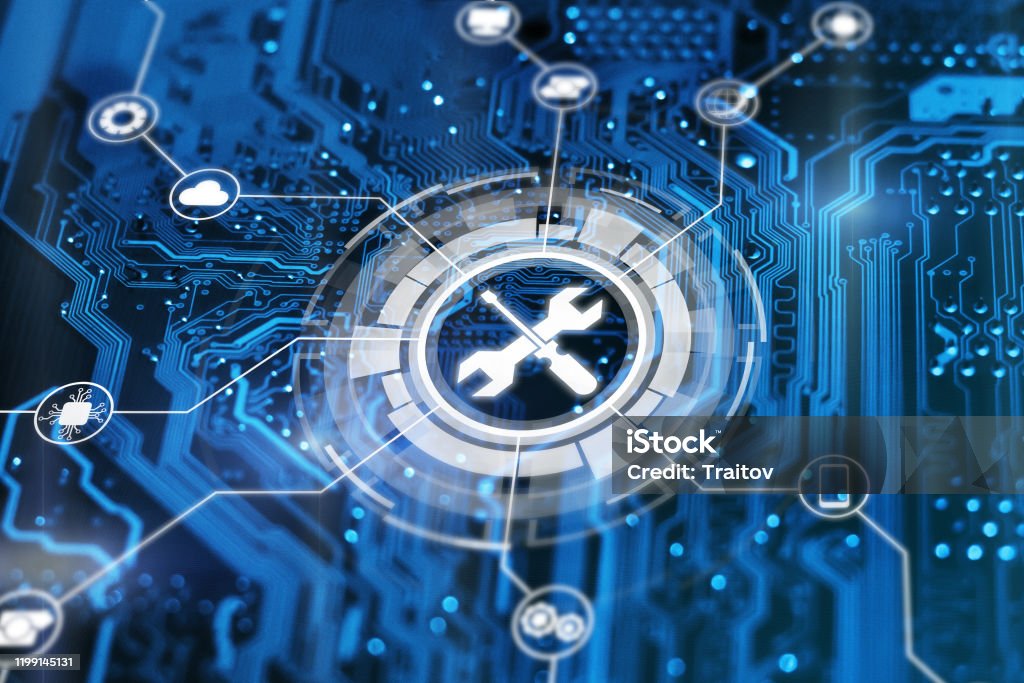The Future of Software: Predicting Trends and Innovations
Written by harrison

The Rise of Artificial Intelligence (AI) in Software Development
Artificial Intelligence (AI) stands at the forefront of transformative technologies, poised to play a central role in the future of software development. Let's explore how AI is set to reshape the software landscape.
Incorporating AI into Development Processes
Developers are increasingly integrating AI-driven tools into their workflows to streamline tasks and enhance overall efficiency. From code generation and bug detection to software testing, AI automation accelerates development processes, allowing developers to focus on high-level tasks.
AI's ability to analyse vast datasets facilitates more informed decision-making during the development lifecycle. Machine learning algorithms can predict potential issues, recommend optimizations, and identify patterns that human developers might overlook.
AI-Enhanced User Experiences
One of the most exciting prospects is the integration of AI for highly personalized and intuitive user experiences. As AI algorithms become more sophisticated, software interfaces will adapt to individual user preferences, offering tailor-made interactions.
Predictive analytics powered by AI will enable applications to anticipate user needs, providing contextually relevant content and services. This level of personalization not only enhances user satisfaction but also contributes to increased user engagement and retention.
AI-driven chatbots and virtual assistants will become integral components of software applications, offering users natural and conversational interactions. This shift towards more human-like interfaces is expected to redefine the way users interact with software, making it more accessible and user-friendly.
Quantum Supremacy and Advanced Calculations
The realization of quantum supremacy, where quantum computers outperform classical computers, will unlock new possibilities in software development. Quantum computers excel in solving complex problems that are practically insurmountable for classical computers. Tasks such as optimization, cryptography, and simulations will see unprecedented advancements, paving the way for more efficient algorithms and problem-solving techniques.
Quantum-Inspired Algorithms
Even before fully-fledged quantum computers become widely accessible, quantum-inspired algorithms are making an impact. Developers are leveraging these algorithms to address complex problems, from optimization challenges to enhancing machine learning processes. As quantum technologies mature, these quantum-inspired approaches will bridge the gap between classical and quantum computing, offering novel solutions to age-old computational problems.
The Emergence of Low-Code and No-Code Development Platforms
In a bid to democratize software development, low-code and no-code platforms are gaining prominence. Let's delve into how these platforms are reshaping the development landscape.
Rapid Prototyping and Iteration
Low-code platforms empower users to visually design applications with minimal hand-coding. This results in rapid prototyping and iteration, allowing developers to quickly experiment with ideas and refine applications. By simplifying the development process, these platforms bridge the gap between technical and non-technical users, fostering collaboration and accelerating time-to-market for software solutions.
Increased Accessibility to Software Development
No-code platforms, requiring no traditional programming skills, enable individuals outside the traditional development realm to contribute to software creation. This democratization of development empowers business users and domain experts to actively participate in building functional software solutions. As a result, organizations can tap into a broader pool of contributors, fostering innovation across diverse industries.
The Integration of AI and Blockchain in Software Development
The synergy between Artificial Intelligence (AI) and Blockchain is poised to shape the future of software development. Let's explore the profound impact of this integration.
Smart Contracts Enhancing AI Transactions
The combination of AI and Blockchain will extend beyond their individual applications. Smart contracts, a staple in blockchain, will be enhanced by AI capabilities. This fusion will result in more intelligent and self-executing contracts, reducing the need for human intervention in transaction processes. This not only ensures security but also accelerates the speed at which transactions are executed, creating a seamless and efficient environment for decentralized applications.
Decentralized AI Networks
Blockchain's decentralized nature complements the distributed learning capabilities of AI. Future software development will witness the rise of decentralized AI networks, where machine learning models are trained collaboratively across a network of nodes. This not only enhances the privacy and security of AI models but also creates a more inclusive and diverse ecosystem for advancing artificial intelligence.
Cybersecurity Innovations Shaping Software Security
The future of software development will be intricately tied to advancements in cybersecurity. Let's explore how innovative approaches will safeguard software applications in an increasingly complex digital landscape.
Quantum-Safe Cryptography
As quantum computing progresses, so does the need for quantum-safe cryptography. Future software will incorporate cryptographic techniques resistant to quantum attacks, ensuring the security of sensitive data. This proactive approach will safeguard applications against potential threats posed by quantum computers, maintaining the confidentiality and integrity of information.
AI-Driven Threat Detection
AI will play a pivotal role in fortifying software security through advanced threat detection mechanisms. Machine learning algorithms will continuously analyse patterns and anomalies in real-time, identifying potential security breaches before they escalate. The integration of AI-driven threat detection ensures adaptive and proactive security measures, staying one step ahead of evolving cyber threats.
Conclusion
As we peer into the future of software development, the intertwining of AI and Blockchain, alongside advancements in cybersecurity, paints a landscape rich with innovation and resilience. Embracing these trends will empower developers to create software that not only meets the needs of today but anticipates the challenges of tomorrow, setting the stage for a dynamic and secure digital future.








